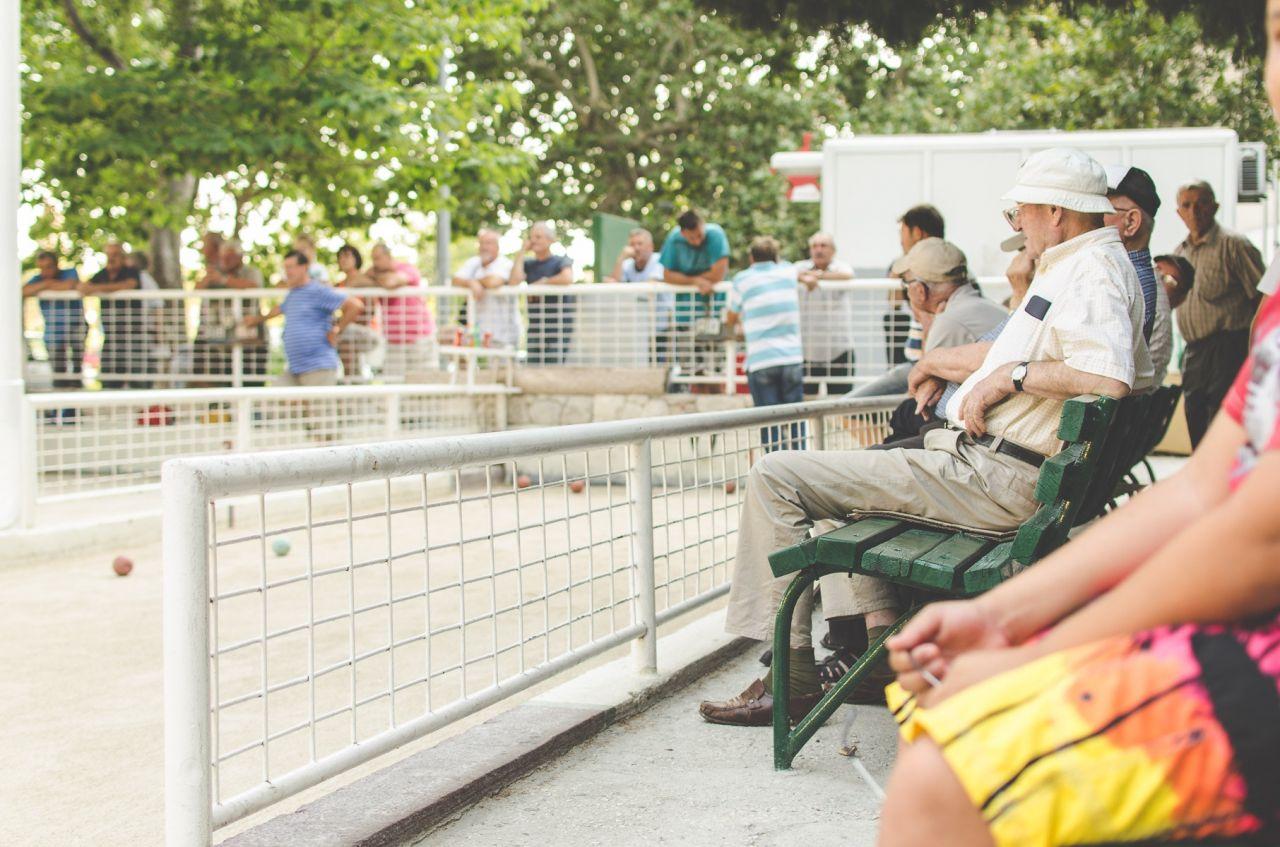“Aging gracefully” has turned into something of a meaningless buzzword, adorning article headline after article headline. Perhaps “aging capably” might better convey the goal that just about all of us have set for ourselves. It seems unfair that as we gain more time and financial stability, age begins to chip away at our faculties and our independence.
Most people have troubling specters of old age rattling around in their heads, images of friends or relatives who aged anything but gracefully or capably. Luckily, we’ve come a long way in terms of how we understand senior health and the aging mind, with researchers shedding light on numerous activities for seniors that can help our bodies and minds stay fit and resilient. With these insights at our disposal, we can truly make our golden years shine.
Learn New Things
While “the mind” is often a vague concept, there is a mechanical element to the brain itself that pertains to how it functions, and how you can help it function for years to come. Our brains are in a constant state of creation and destruction, generating new cells, pruning long-unused ones, and building synaptic connections between them. Actively engaging the brain not only makes it more capable, but more resilient as well. Take up new hobbies and activities, such as drawing, painting, playing an instrument, or learning a language. These “brain training” activities will help prevent cognitive decline.
Engage Your Senses
When it comes to forging memories, the more senses you can engage, the better. Each sense memory acts as an anchor point to strengthen the memory itself. Research has shown that when elements are paired together, such as an image and a smell, exposing participants to one of those elements later can stimulate their memories of the others. So as you’re planning out your new hobbies, give some thought to the sights, sounds, and smells you’re taking in.
Offload Memory-Dependent Tasks
Aging well is about working smarter, not harder. As you work to make the most of your mental capacity, be sure you’re not wasting it on memorizing minutiae. Phone numbers, appointments, shopping lists, and other important information can be stored in calendars and planners. Whether you prefer to do things digitally or write them down in print, be sure your smartphone or planner is never far from reach so that you can get important details out of your head. Other mental shortcuts include leaving everyday items like keys, wallets, and purses in the same location. With the basics offloaded, you’re free to fill your mind with more important and more fulfilling information.
Exercise and Eat Right
This is good advice at any age, but it takes on added importance as we get older. Physical exercise increases mental ability, plain and simple. Added blood flow brings oxygen to the body and brain to help spur the growth and development of new cells. And just as mental exercise builds mental strength and resilience, physical exercise has similar immediate and far-reaching benefits. Boosting strength and mobility helps us do more in the here and now, and helps protect our bodies against injury in the future. Exercise also has a profound effect on healing. The more you exercise now, the better your body will be able to heal from injury, illness, or surgery. Diabetes, high blood pressure, and high cholesterol have also been linked to an increased risk of dementia, so cut out the smoking, cut back the drinking, and give some thought to your diet.
Pursue Group Activities
Everything we just talked about is better done in groups. Many of us dread dementia, but give far less thought to something just as pervasive among seniors, if not more so—depression. Be proactive in forging new relationships, which can help to preserve both happiness and health. As an added incentive, activities done with others tend to remain part of our schedule, much more so than those activities we try to pursue in isolation.
For more information on activities you can undertake to age capably, explore Senioridy.

